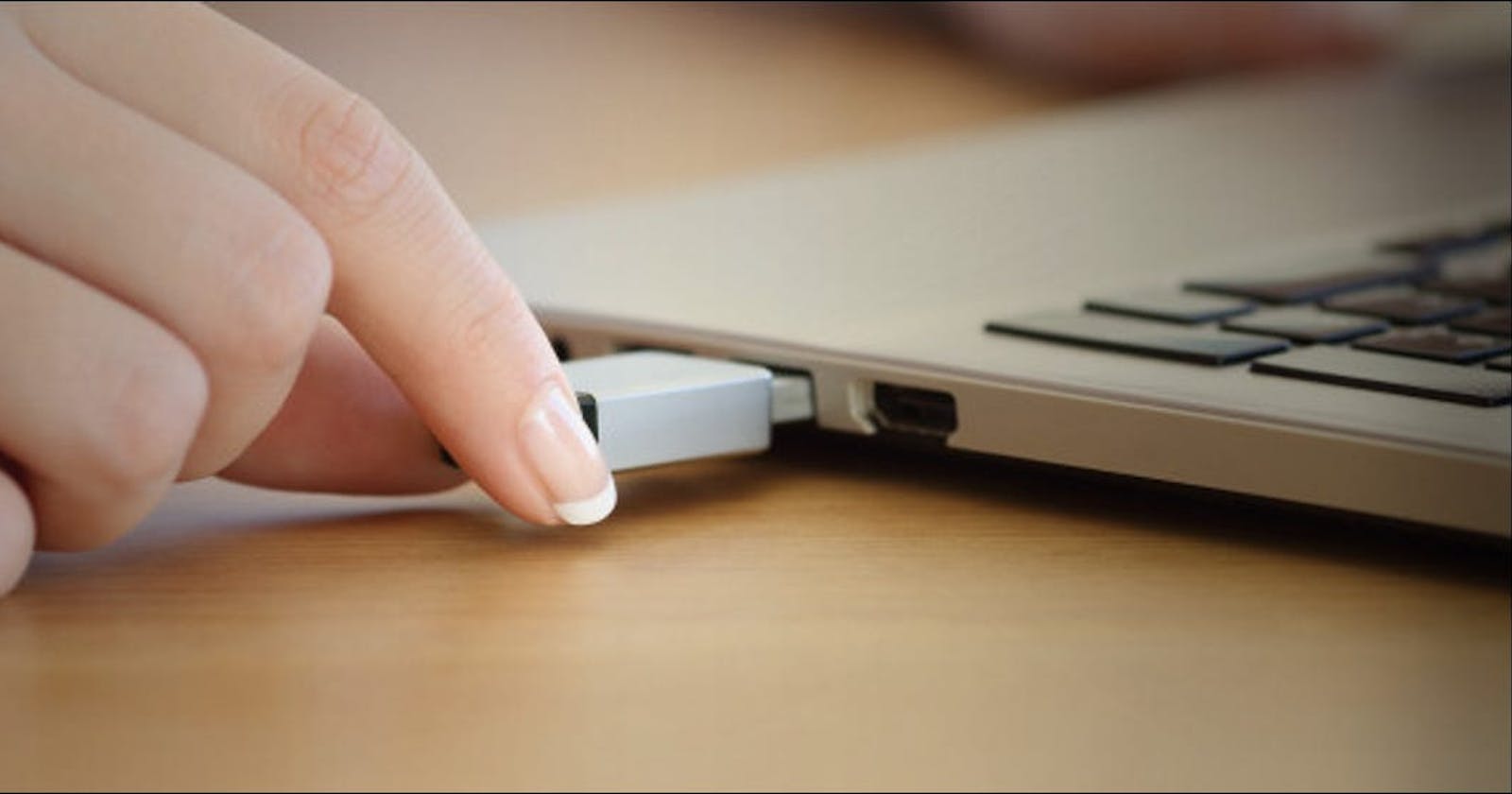When we are done using our USB Drive, we usually yank it out from the laptop, regarding ejecting it first as a total waste of time. Is that actually true?
We are about to find out
What does ejecting USB flash drive actually means
Eject here doesn't mean pushing of something out of something, like ejecting your CD/DVD out of your Optical Disk Drive or ejecting a bread out of a toaster.
Eject means telling your OS to wrap up whatever it is it's doing with the USB drive to prepare it for removing.
Why do we have to eject first
It prevent your data from being corrupted. If your system is busy writing something into the drive, and you pull the drive out before the computer finished working with it, you might come back later only to find out that the file you stored in it is now totally unreadable.
What if you've safely close whatever it is that you are working on them remove the drive?
This is where thing get a little bit gray, because it partly depend on what operating system you are working with and whether you've fiddle with a certain sittings. You see, windows offer a feature called "Writing Caching" for removable devices, that is designed to improve speed.
click on the link below to learn more about write caching knowledgebase.ebpc.com.ng/why-you-need-to-t..
but the down side of the speed boost is that it leaves your USB drives more prone to corruption, if you accidentally or unpurposely remove it without ejecting it first.
Your PC might show that it's finished transfering the data, but it might not actually be done. Ejecting the drive will command your computer to go ahead and transfer everythingin the "Write Chache" immediately and it will notify you when you can safely remove it. The good need is that "Write Chache" offers a negligible performance boost on most situation, so in the event that it's not already disable, you can go ahead and turn it off here: On Linux and Mac OS it is tipically enabled by default so make sure you eject your drive before removing. If you are using windows and you have write Chache turned off, it's easy and ok to just remove the drive without ejecting it, assuming obviously that you are not on the middle of saving something to it. However, there is a possibility that your OS could still be writing a small amount of data in the background, depending on how your programs save files.
Conclusion
So while the average windows used probably doesn't have too much to worry about,it is also properly worth it taking the extra 2 seconds to click eject

